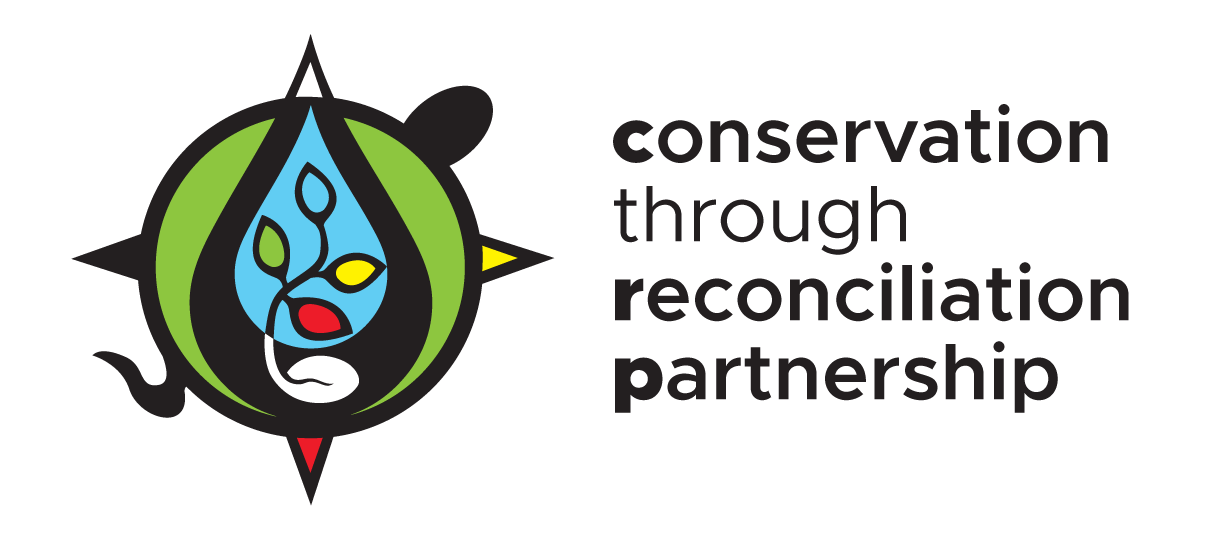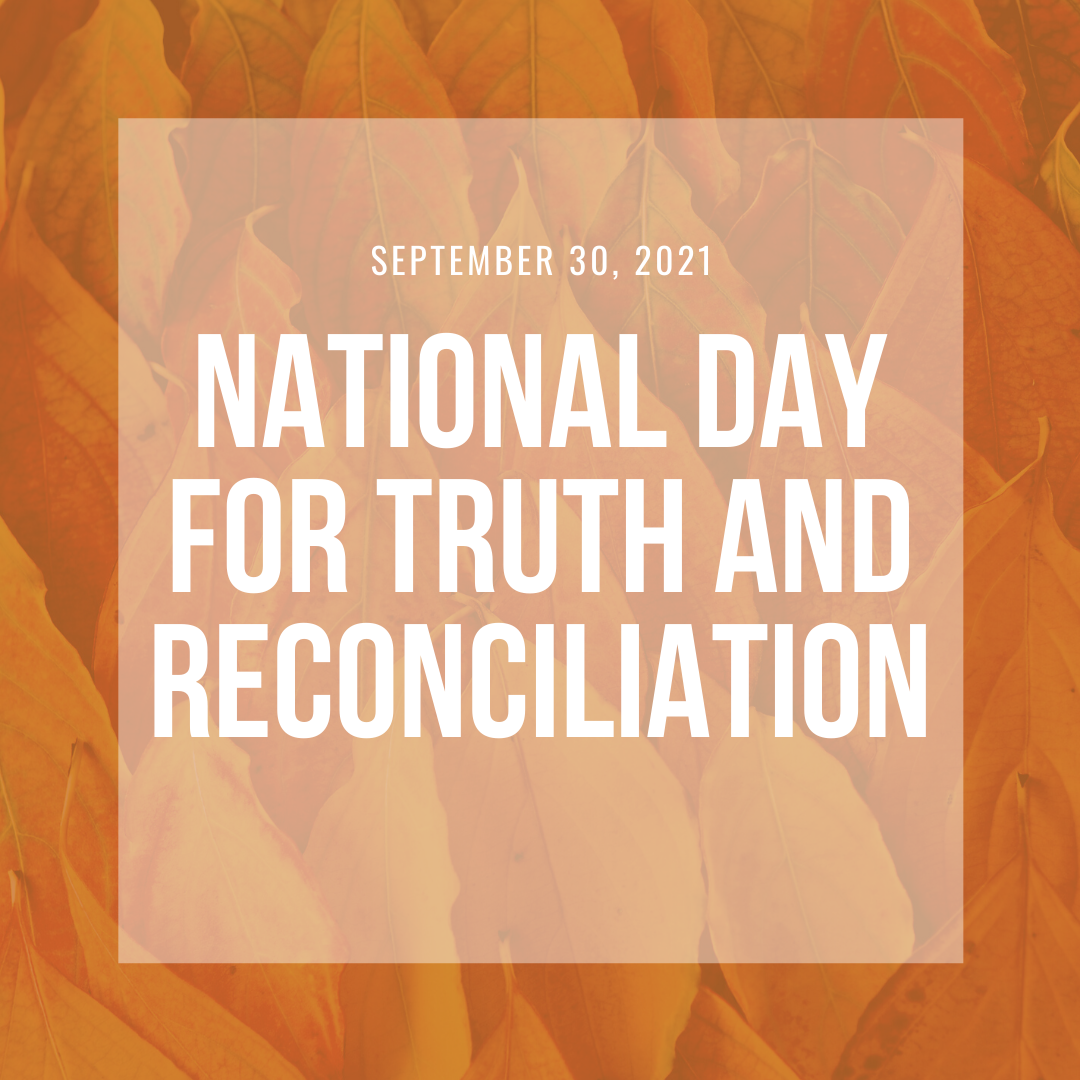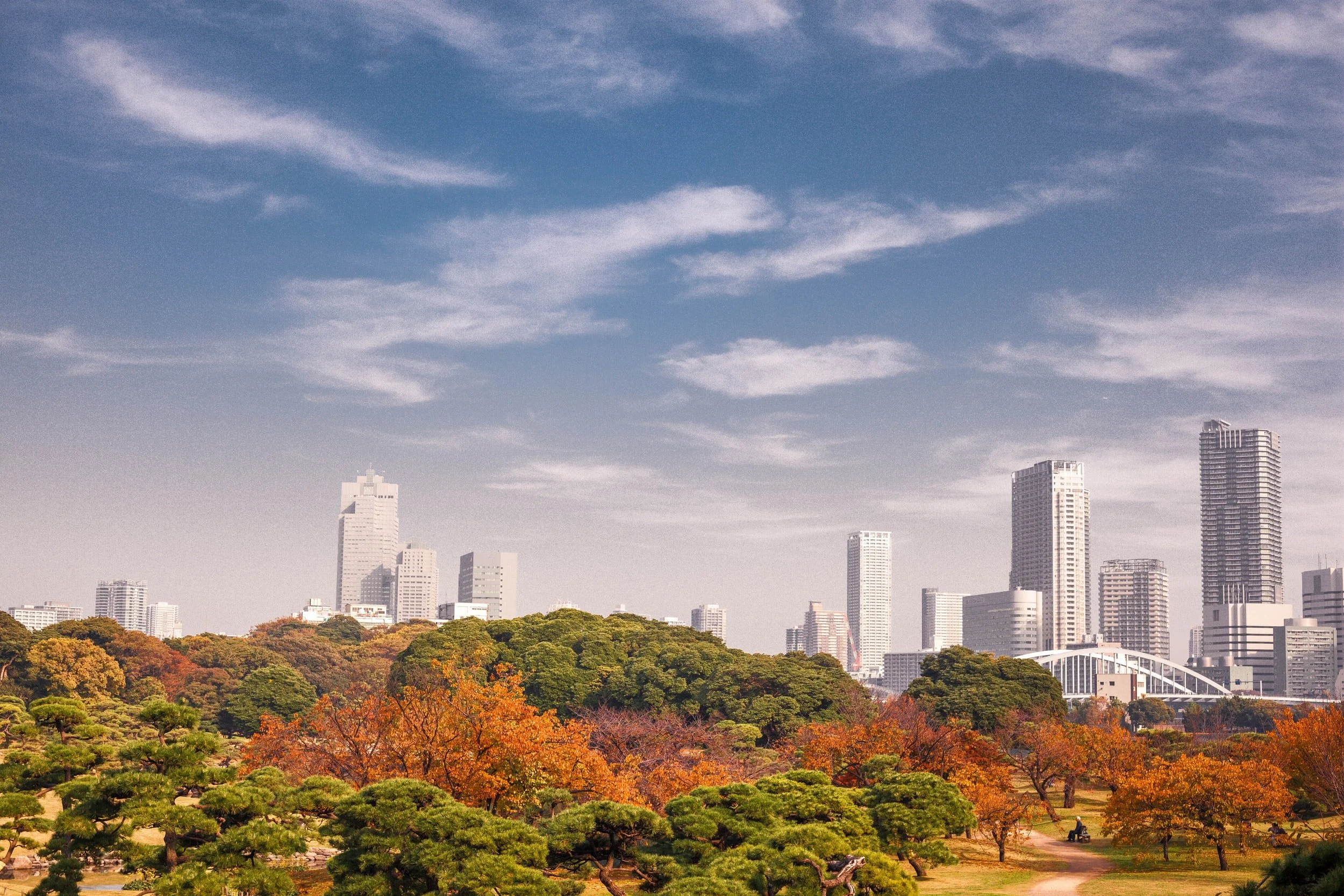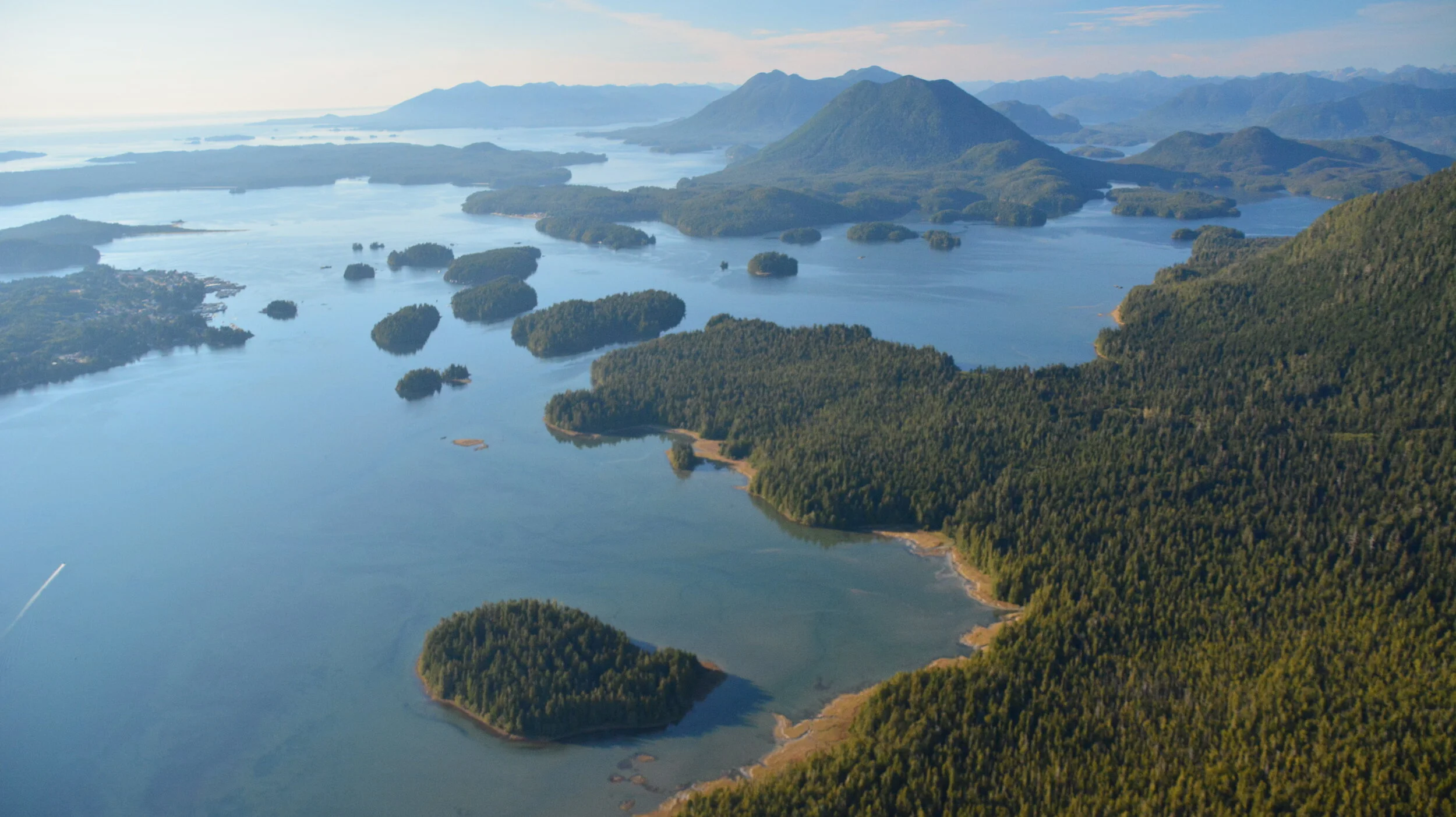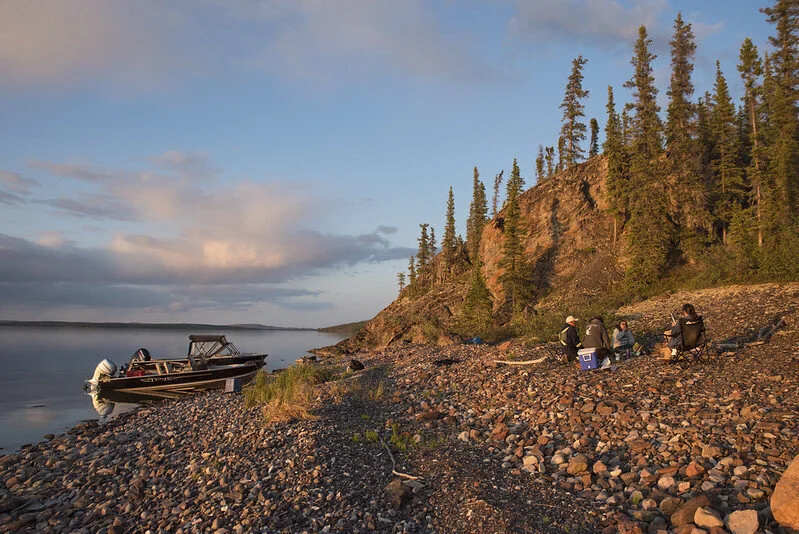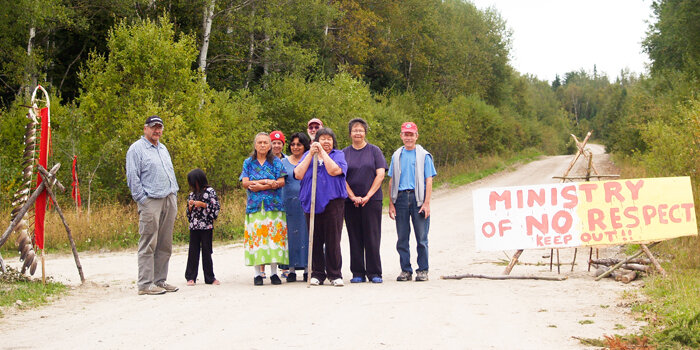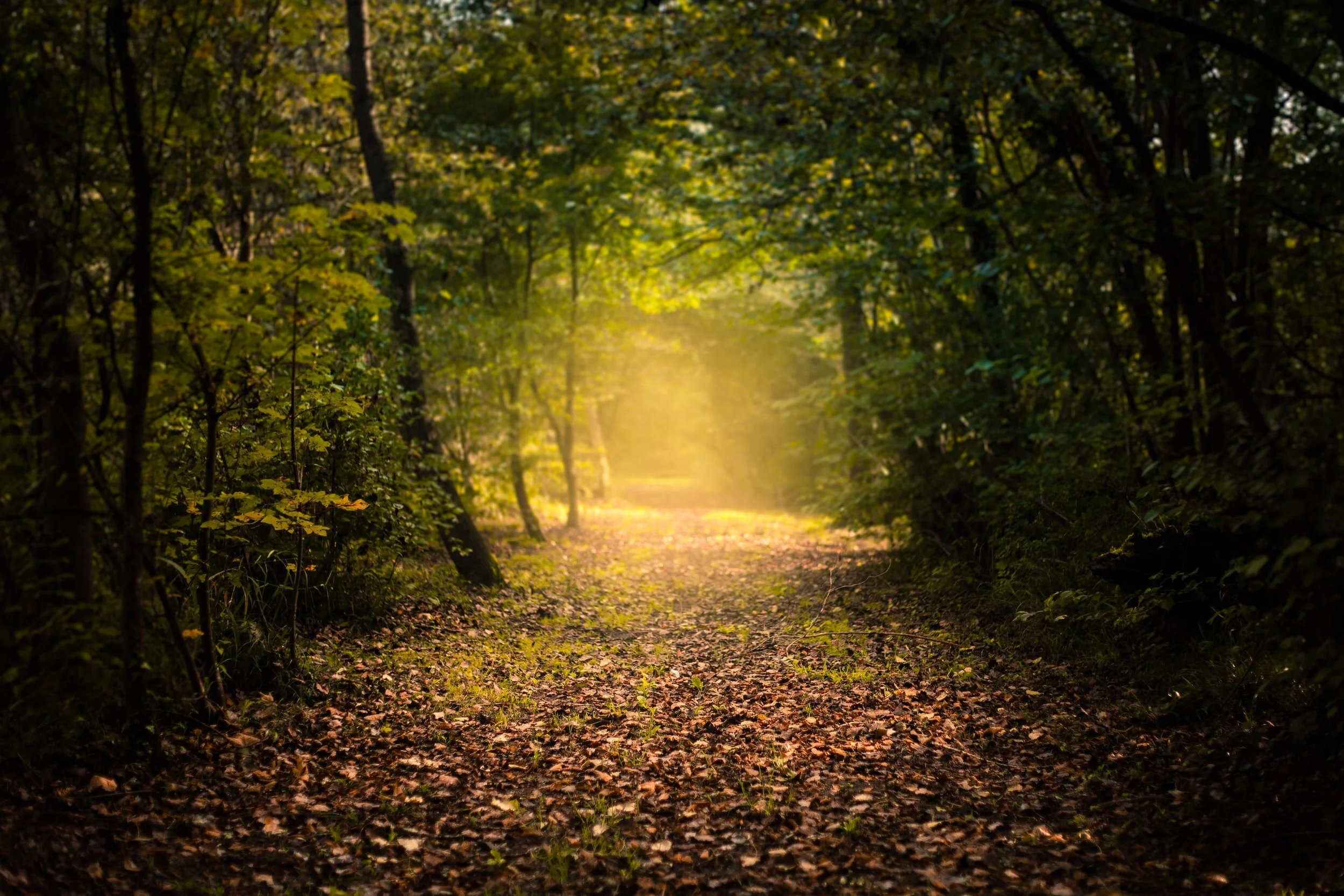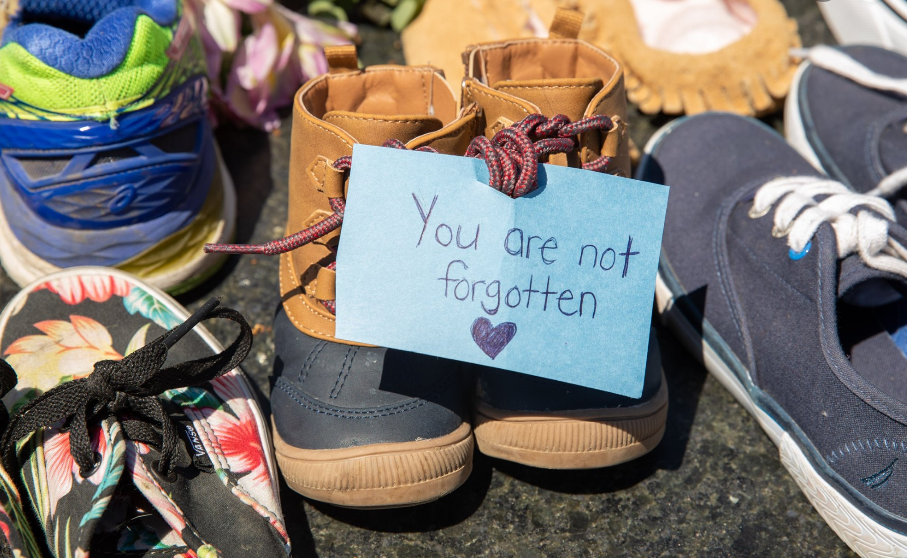Indigenous Rights and Private Land Conservation: Opening the Door to Collective Responsibility
By Larry Innes and Ian Attridge
Our recent report, Respect and Responsibility: Integrating Indigenous Rights and Private Land Conservation in Canada, explores the historical, legal and policy landscape of private land conservation and sets out pathways for meaningful engagement with Indigenous governments and respect for Indigenous jurisdiction.
Read More
National Day for Truth and Reconciliation
A joint statement from the CRP Leadership Circle
After years of advocacy by survivors, families and community, September 30th, 2021 is the first National Day for Truth and Reconciliation. It is a day to honour residential school survivors, those who did not make it home, their families, and their communities. It is also a time to reflect on the Truth and Reconciliation Commission of Canada’s Calls to Action.
Read More
Re-centring on the Land – Towards an Agenda for Indigenous-led Climate Policy
By Graeme Reed
Drawing on interviews with ten Indigenous experts and our experience within the Indigenous climate movement we framed the broad principles of what an Indigenous approach to climate policy looked like. This enabled us to begin outlining an agenda that seeks to dismantle colonialism and capitalism in climate policy simultaneously. (Photo: Image of a floating iceberg. Photo Credit: Stock Image).
Read More
Urban parks are ‘landscapes of opportunity’ for Indigenous conservation leadership
By Robin Roth and Faisal Moola
In early August 2021, the Canadian Government announced a $130 million commitment to create a network of urban National Parks across the country. This commitment is a step forward in recognizing and valuing urban parks and forests for their ecological, educational, socio-cultural, and health benefits. While the announcement names Indigenous partners in a list of groups to “collaborate with,” it fails to recognize the potential for urban parks to advance Indigenous self-determination and reconciliation.
Read More
Pacific IPCA Innovation Centre: Anchoring a New Movement of Indigenous-led Conservation
By Monica Shore and Eli Enns
While the IPCA Alliance and the Solutions Bundle focus on relationships, organizational capacity, ideas and learning resources, IPCA Innovation Centres are the physical places and spaces that host these relationships. The vision of IPCA Innovation Centres is to develop a world-class model for innovation and learning that is specifically designed for IPCAs. Photo: Aerial image of Clayoquot Sound, British Columbia. Photo credit: Jeremy Williams.
Read More
Input by the Conservation Through Reconciliation Partnership (CRP) into Parks Canada’s Horizon Scan
Prepared by Faisal Moola and Megan Youdelis.
The Conservation Through Reconciliation Partnership (CRP) was invited by Parks Canada to participate in its Horizon Scan. The CRP was also asked to contribute priority research questions to help inform Parks Canada’s broader research agenda going forward.
Read More
Indigenous peoples proven to sustain biodiversity and address climate change: Now it’s time to recognize and support this leadership
By Steven Nitah
People around the world increasingly see the urgent need to tackle the twin emergencies of climate change and biodiversity loss. We can make progress on both these fronts if the world also recognizes the leadership of Indigenous peoples who oversee the most healthy, biodiverse, and intact lands and waters left on Earth. Photo: Pat Kane
Read More
Establishing Indigenous Protected Areas for Future Generations in the Face of Extractive Capitalism
By Megan Youdelis and Justine Townsend
Indigenous-led conservation is often supported in theory, but undermined in practice. Canadian federal, provincial and territorial government agencies voice support for IPCAs and intend to count them toward their international conservation commitments. However, other agencies, ministries, and actors within those same governments often threaten IPCAs by awarding tenures to extractive industries (eg. mining, logging, oil and gas, etc.) without the consent of, or ensuring benefits to, local Indigenous peoples.
Read More
Honouring the Spirit of Our Children: Voices from the Conservation through Reconciliation Partnership Family of Elders
A joint statement from the CRP Elder’s Lodge
July 1st marks the anniversary of the Confederation of Canada. On this day, the Conservation through Reconciliation Elder’s Lodge share a collection of voices to honour the spirits of the children who never came home, to unite us in building a better future for generations to come, and to bring us back into balance with Mother Nature. The CRP family of Elders is taking this opportunity to say what is needed to be said in a good way.
Read More
Enacting a Reciprocal Ethic of Care: (Finally) Fulfilling Treaty Obligations
By Elder Larry McDermott and Robin Roth
The tradition of Treaty-making amongst Indigenous nations, and later, between Indigenous Nations and settler states, is a tradition that recognizes natural law and upholds our collective responsibilities towards our plant and animal friends. Fulfilling Treaty obligations would thus mark a turn in how relationships to wildlife are approached.
Read More
From Consultation to Recognition and Respect: Creating Space for Indigenous Laws in Conservation
By Georgia Lloyd-Smith, West Coast Environmental Law and Larry Innes, Olthuis Kleer Townshend-LLP
Indigenous laws, governance and knowledge systems are the foundation of Indigenous Protected and Conserved Areas (IPCAs). Long before Canada was a country, Indigenous peoples lived under their own laws. A century or more of colonization has altered much of the landscape, and public governments (the Crown) have not recognized or respected Indigenous laws and jurisdiction in a meaningful way. But this may be changing.
Read More
Statement on the Tragic Discovery of a Mass Grave at Former Kamloops Residential School
A joint statement from the CRP Elder’s Lodge.
Painful truths of Canada’s system of assimilation and genocidal policies which attempt to “kill the Indian in the child” have again come to light.
We grieve for the four to six thousand children, including the 215 recently discovered, who did not make it home. We stand with all Survivors, their families and loved ones who have been and continue to be impacted by systemic oppression and violence. (Photo Credit: Erin O’Toole)
Read More
Thinking About Land and Language
By shalan joudry
Join Mi'kmaw/L'nu student, shalan joudry, on a walk through the forest of her community as she shares with us the inspiration that led her to begin her Interdisciplinary Ph.D. at Dalhousie University. In this audio blog, she reads from her newest book, Waking Ground. (Photo credit: Dan Froese)
Read More
A Plan to Protect the Planet
Conservation through Reconciliation Leadership Circle member Steven Nitah speaks on the podcast Today Explained about the United Nations 30x30 goal of protecting 30 percent of the globe’s biodiversity by the year 2030.
Read More
National Protected Areas: Relationships and Co-Management
By Kai Bruce
This blog entry is a reflection on my research thus far. I hope that it provides a glimpse into one aspect of the ongoing work of the Conservation through Reconciliation Partnership.
Read More
Our Reflections on Budget 2021
A joint statement from the CRP Leadership Circle
The Conservation through Reconciliation Partnership is pleased to see the recognition of Indigenous-led conservation in the Government of Canada’s Budget 2021. We strongly believe that supporting and strengthening Indigenous-led conservation and stewardship is the single most important strategy to achieving our collective commitment of conserving 25% of lands and waters by 2025.
Read More
Emerging Indigenous Protected and Conserved Areas: The Unama’ki Mi’kmaw IPCA Project
By Trish Nash, Unama’ki Institute of Natural Resources
This blog provides a report on the Unama’ki Institute of Natural Resources’ (UINR) efforts to establish an Indigenous and Protected Areas (IPCA). We hope that the blog can inform Indigenous-led conservation efforts across Canada, specifically around emerging IPCAs.
Read More
Our Approach to Research
By Robin Roth
The CRP is not a typical university-based research project. Research is done collaboratively and in service of Indigenous-led conservation and it is done by everyone; it is an activity we all participate in, regardless of whether we are based in a university, a conservation organization or in community.
Read More
Honouring Indigenous Women in Conservation
Shared by Elder Marilyn Capreol and Allison Bishop
This time of year is known as Ziinsibaakwadoke Giizis, or the Syrup Moon, when sap begins to flow from the trees…
Read More
Little Things that Matter in Decolonization and Anti-oppression Struggles: Lessons from the Community Engaged Scholarship Institute summer school for emerging scholars
By Emmanuel N. Tamufor
I am an African student from Cameroon. I am currently studying on the traditional territory of the Mississaugas of the Credit in Ontario, Canada as a visitor of the Anishinaabek Peoples. My decision to engage in Indigenous-led conservation research was motivated by work from my MA in Environmental Policy at the Environmental Policy Institute of Memorial University of Newfoundland.
Read More
